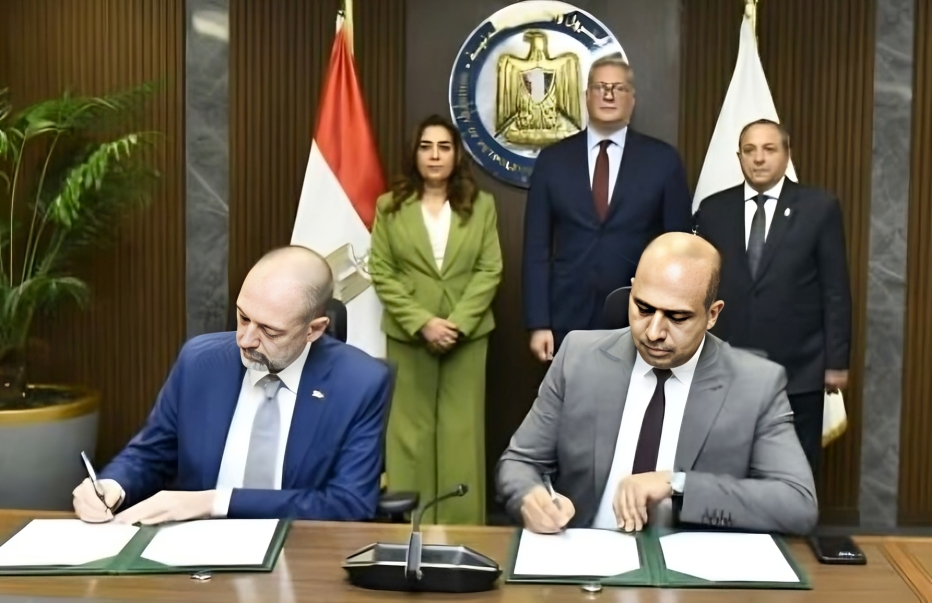KEY POINTS
- Eni signs agreement with Egypt’s Bioenergy Association to explore large-scale biogas production.
- The project will convert agricultural and animal waste into renewable energy and organic fertilisers.
- The initiative aims to generate carbon credits and cut greenhouse gas emissions across rural communities.
Eni signs agreement with Egypt’s Bioenergy Association to explore large-scale biogas production.
The project will convert agricultural and animal waste into renewable energy and organic fertilisers.
The initiative aims to generate carbon credits and cut greenhouse gas emissions across rural communities.
Italian energy giant Eni has signed a cooperation agreement with Egypt’s Bioenergy Association for Sustainable Development, an organisation under the country’s Ministry of Environment, to explore a new carbon offset project that could transform Egypt’s waste into clean energy.
The deal, signed in Cairo, sets the stage for a comprehensive feasibility study on the establishment of biogas production units using agricultural and animal waste.
The study will evaluate the possibility of building a biodigestion plant capable of processing waste from livestock farms and other agricultural sources, which remain abundant across Egypt’s rural landscape.
Project to Produce Energy, Fertilisers and Carbon Credits
Biogas derived from biodigestion can be used to generate renewable electricity and heat, helping reduce dependence on fossil fuels in local communities.
In addition, the by-products of the process, nutrient-rich organic fertilisers, will offer farmers a sustainable and affordable alternative to chemical inputs, enhancing soil fertility and crop productivity.
Beyond its economic and agricultural benefits, the initiative holds significant environmental value. By treating agricultural and animal waste that would otherwise release methane, the project is expected to lower greenhouse gas emissions and contribute to Egypt’s national decarbonisation goals.
Eni and its partners also plan to develop a framework for generating carbon credits, creating financial incentives for sustainable waste management practices.
The cooperation aligns with Egypt’s broader ambition to scale up renewable energy and circular economy projects, particularly as the nation seeks to balance economic growth with its commitments under the Paris Agreement.
The agreement was formalised at a signing ceremony attended by Karim Badawi, Minister of Petroleum and Mineral Resources, and Dr Manal Awad, Minister of Local Development and Acting Minister of Environment, who both underscored the government’s support for bioenergy as a viable route to both energy diversification and rural development.



